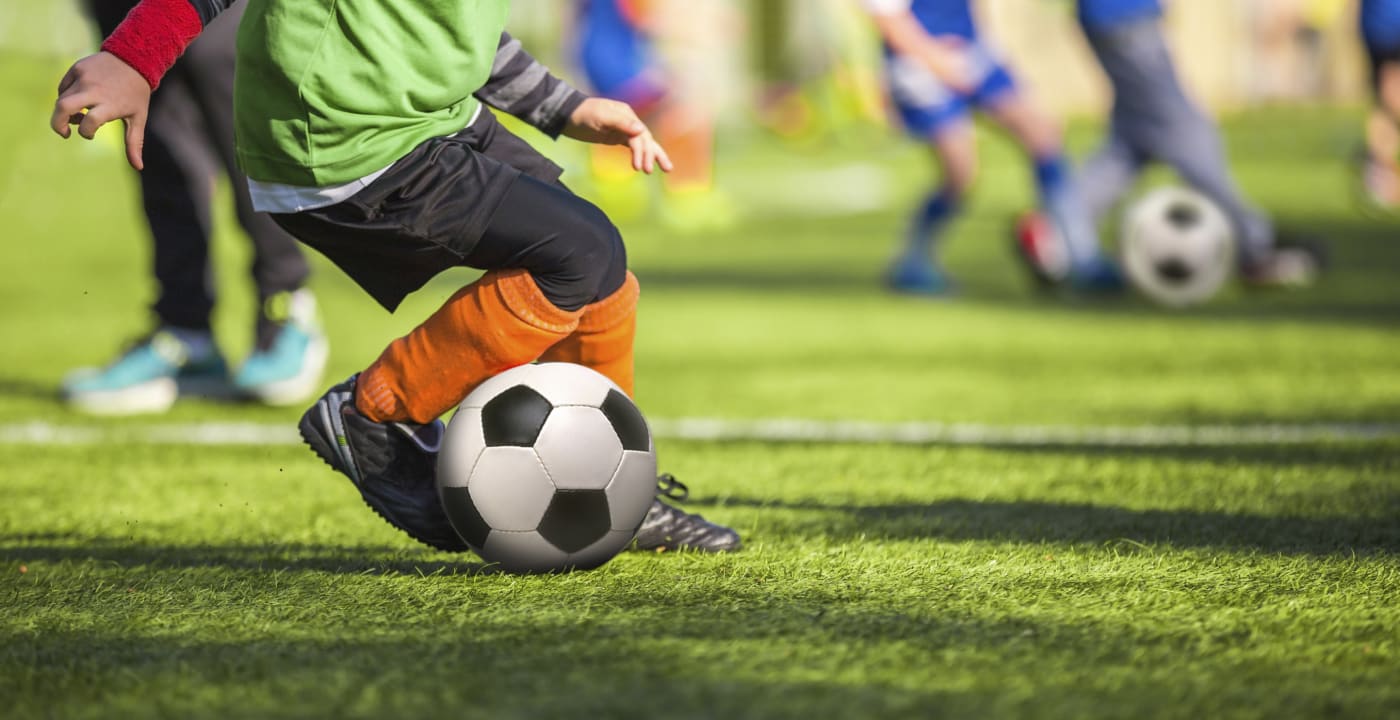The dangers of sports specialization for kids

Sports specialization — selecting a single sport and focusing on mastering it to the exclusion of other sports or activities — is an increasingly common phenomenon in youth sports.
It’s not entirely surprising. The popularity of professional sports only continues to grow. And kids — and their parents — often dream of landing a college scholarship based on athletic prowess. Or even of someday joining their sports heroes on the field.
“There’s a high level of commitment required to be successful in professional sports,” says Josh Purses, DO, sports medicine specialist with MultiCare Orthopedics & Sports Medicine. “That commitment often bleeds over into younger athletes before they are really ready for it developmentally.”
While it’s laudable for children and teens to set goals for themselves and work hard to reach them, there are a number of dangers that lurk under the surface when a child specializes in a sport at too early an age.
The burnout factor
Dr. Purses notes that it is not uncommon to see children specializing in a sport as young as age 6, particularly in areas such as ice skating and gymnastics. It’s hard to imagine a child that young understanding the true implications of making such a serious commitment to anything, sports or otherwise.
But whether the child has chosen their sport, or their parents guided them into it, one major concern when it comes to kids and sports specialization is the increased likelihood of burnout.
Children who specialize in a single sport not only play that sport year-round, they are often playing in multiple leagues at the same time.
“A child might play on his school team, but also play on a community recreational or select team at the same time,” says Dr. Purses.
Kids focused on a single sport might also have extra coaching sessions, private lessons or spend hours practicing outside of official team practice times. And, as children grow older, the amount of time they spend trying to perfect one sport could backfire.
“We want to promote lifelong exercise,” says Dr. Purses. “If they’re specializing in a sport when they’re really young, and they burn out, they often don’t want to do sports of any kind when they’re older, not just the one sport they’ve been focused on.”
The rising rate of injury
“Choosing one sport limits you,” says Dr. Purses. “Sports specialization puts the focus on fewer muscle groups than if kids are participating in more than one sport. This leads to overuse, which leads to injury.”
Treating overuse injuries — for example, shoulder and elbow injuries among baseball players— is on the rise in pediatric sports medicine, which Dr. Purses and other experts in sports medicine around the country attribute to athletes specializing in a sport at too-early an age.
Sports, not sport
There’s nothing wrong with getting your child involved with sports and other activities at a relatively young age. The key, for their physical and emotional health, is to keep their activity schedule well-rounded.
“The healthy thing is to pick more than one sport to play,” says Dr. Purses. “It’s okay to play all year round. But choose a different sport each season.”
“Not all good pitchers started out at 6 or 7,” he continues. “It’s more about learning sports skills, then learning to be a good pitcher. Ultimately talent rises to the top, whether you start at 6 or 12.”
Ways to avoid burnout
Dr. Purses recommends parents use these techniques to help your young athlete avoid burnout.
- Try a few different sports
- Have reasonable expectations for your child
- Minimize pressure
- Enjoy achievements
- Teach and model for your child ways to handle both success and failures
MultiCare’s Sports Medicine program offers a full scope of services for active individuals and athletes of all ages, with a primary focus on injury prevention, maximizing performance and efficiency and returning individuals to activity quickly and safely.



